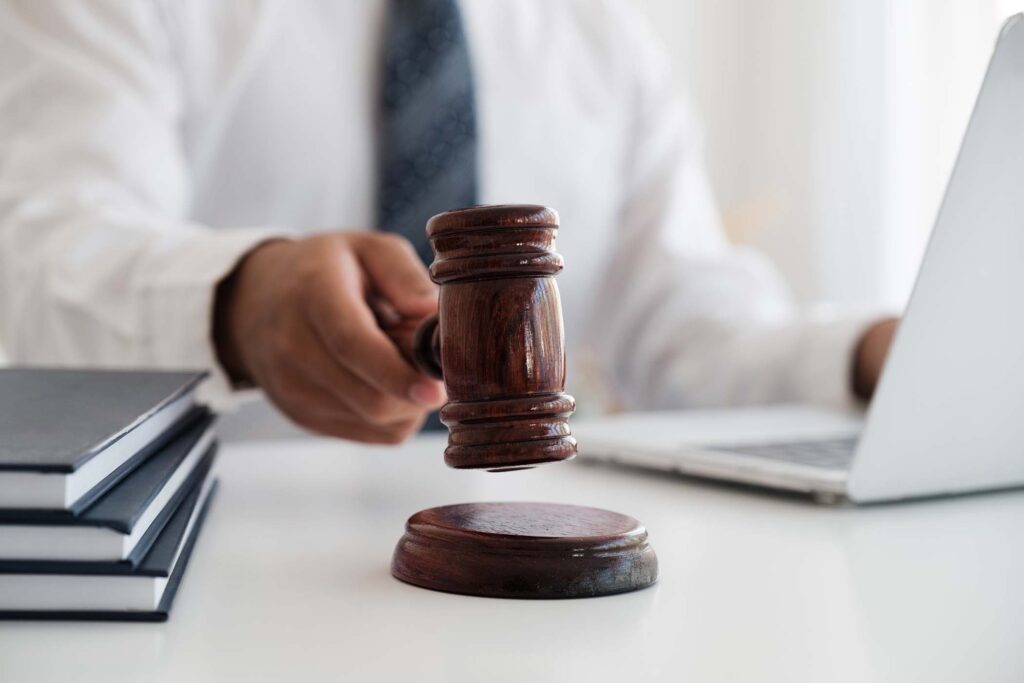
May 2, 2025

Whether you’re in need of a will or trust, an estate plan, or guardianship, We Can Help
In a country governed by the rule of law, every individual is entitled to certain rights that protect their freedom, dignity, and equality. These rights are not just legal jargon—they’re essential tools that empower citizens to live safely, speak freely, and defend themselves against injustice. In this blog, we break down the most important legal rights every Indian citizen should know, and how to use them when needed.



The Indian Constitution guarantees that all citizens are equal before the law. This means no individual can be discriminated against on the basis of religion, race, caste, sex, or place of birth. For example, if an employer refuses to hire someone because of their caste, it’s a violation of this fundamental right. Similarly, public spaces like parks, roads, and shops are open to everyone equally.
This protects citizens from human trafficking, forced labor, and child labor. No person, including employers, has the right to force anyone to work against their will or employ children below 14 years in hazardous jobs. If you witness such exploitation, you can report it and demand legal action.
Many citizens are unaware that they are entitled to free legal aid if they cannot afford legal representation. Under the Legal Services Authorities Act, 1987, the government provides legal services to eligible citizens through Lok Adalats and Legal Services Clinics. This includes women, children, persons with disabilities, SC/STs, and victims of natural disasters or trafficking.
This is one of the most empowering sections of the Constitution. It includes:
Freedom of speech and expression
Freedom to assemble peacefully
Freedom to form associations or unions
Freedom to move freely throughout India
Freedom to reside and settle anywhere
Freedom to practice any profession or occupation
However, these freedoms are subject to reasonable restrictions for public order and national security. If you’re protesting peacefully and are stopped without cause, you can seek legal protection under these rights.
If any of your rights are violated, this article empowers you to approach the Supreme Court or High Court directly. This is considered the “heart and soul” of the Constitution by Dr. B.R. Ambedkar. For instance, if a government body or authority unfairly cancels your license, land ownership, or job, you can file a writ petition for justice.
Post Tags :
Share :

raj@mbgcard.com
Lorem ipsum dolor sit amet, consectetur adipiscing elit. Ut elit tellus, luctus nec ullamcorper mattis, pulvinar dapibus leo.
At Elite Legal Solutions, your legal needs are our top priority. Whether you have a question, need expert advice, or want to schedule a consultation, our team is just a call or visit away.
Copyright © 2025 Elightlegal.com | Created by MBG Card Pvt. Ltd.